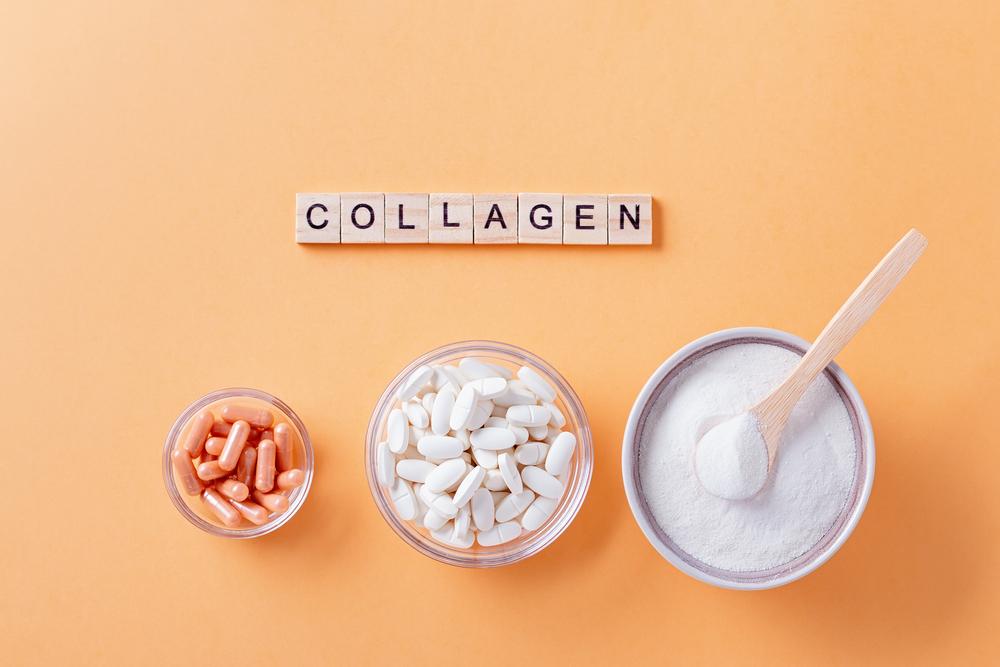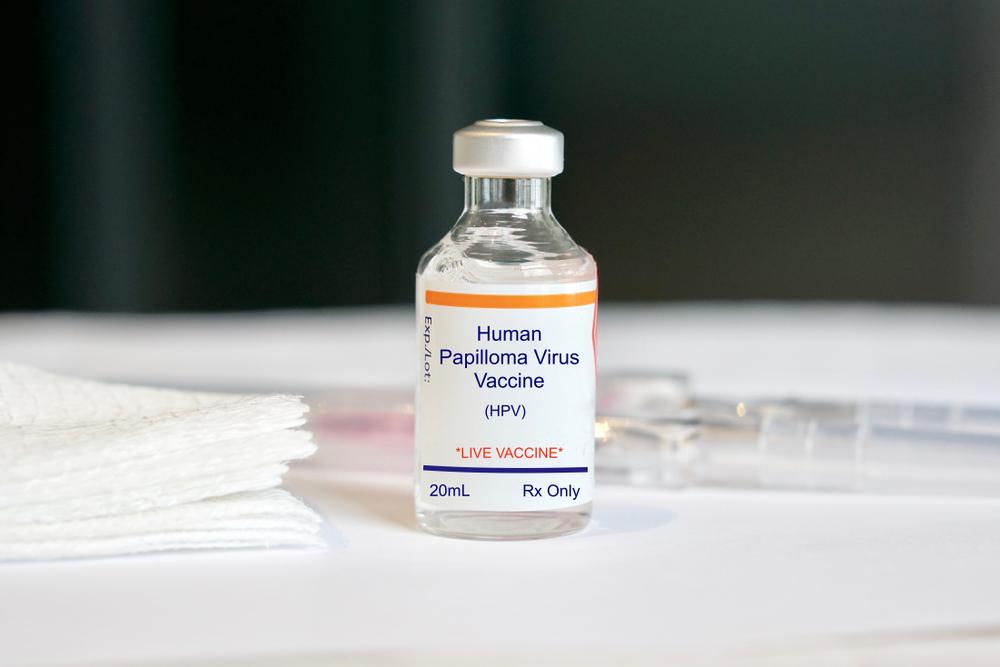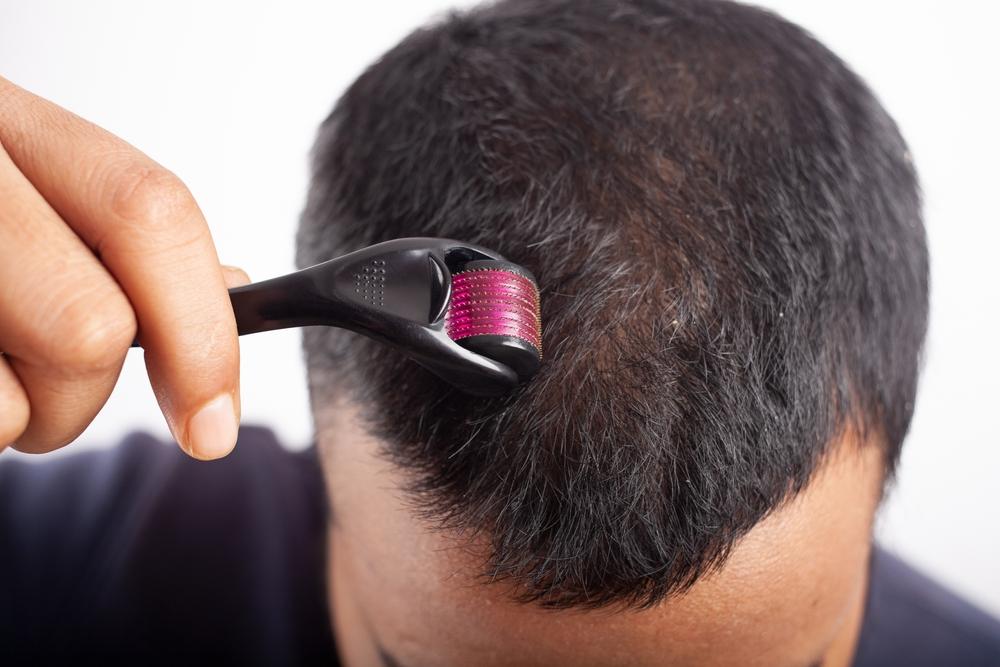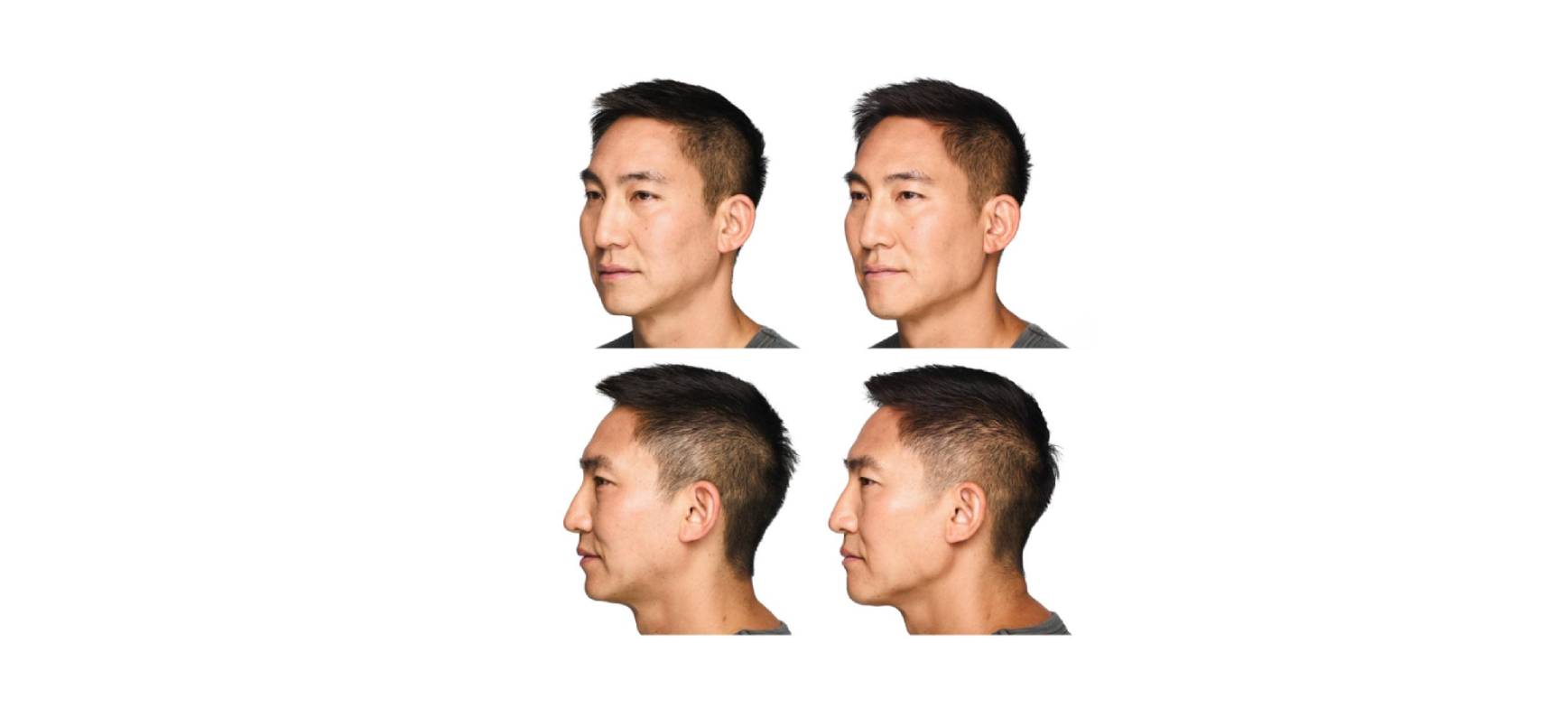The age of Instagram influencers has seen the rise and fall of many health and beauty fads. A recent trend taking social media platforms by storm is the use of collagen supplements, claiming a myriad of benefits, from healthy hair and nails to glowing skin and flexible joints. However, the reality behind the buzz may not be as glamorous as it seems.
Collagen, the most abundant protein in the human body, has certainly caught the eye of the beauty and wellness industry. A multitude of products, including collagen coffee creamers, drink powders, protein bars, and more, have flooded the market, promising a path to eternal youth.
However, there is a lack of research surrounding its long-term effects and potential interactions with other substances.
Oral Collagen Supplements: Sifting Fact from Fiction
In the health and beauty industry, these supplements have gained immense popularity, often touted as a miracle solution for everything from aging skin to joint health. As oral collagen becomes a staple in many wellness regimens, it’s essential to dissect the claims surrounding its benefits and examine what science says.
The Claims:
Collagen, the most abundant protein in the body, plays a crucial role in providing structure to the skin, hair, nails, and joints. The market is flooded with oral collagen supplements promising a range of benefits:
- Improved Skin Health: Claims include reduced wrinkles, increased elasticity, and hydration.
- Enhanced Joint Mobility: Suggested benefits include reduced joint pain and degradation.
- Stronger Hair and Nails: Supplements are said to improve strength and growth.
- Overall Health and Well-being: Some believe that collagen boosts muscle mass and contributes to gut health. The Reality:
While the promises are enticing, the scientific evidence supporting these claims is less clear-cut.
Skin Health
Studies on collagen supplements and skin health have shown mixed results. While some research suggests a potential benefit in skin hydration and elasticity, these studies are often small, short-term, and sometimes funded by companies selling collagen products. The consensus in the scientific community is that more robust, independent research is needed.
Joint Health
In terms of joint health, some studies have reported a reduction in joint pain among athletes. However, these studies are not conclusive, and there is little evidence to suggest that collagen supplements can prevent joint degradation, especially in the general population.
Hair and Nail Strength
As for claims about improving hair and nail strength, scientific backing is sparse. The growth and health of hair and nails are influenced by a multitude of factors, and isolated supplementation of collagen is unlikely to produce significant changes.
Muscle Mass and Gut Health
The assertions that these supplements significantly impact muscle mass or gut health are largely unsubstantiated. Nutrition and muscle growth are complex processes influenced by various factors. That including overall diet, exercise, and genetics.
The Bottom Line
The booming interest in collagen is reflected in the significant increase in Google searches, as well as the countless beauty and wellness influencers promoting collagen-infused products on social media platforms. Celebrities like Khloé Kardashian, who partnered with a collagen supplement company Dose & Co., further amplify the hype. They are showcasing their collagen-enhanced smoothies and sharing before and after photos of allegedly improved skin and hair. But the reality behind the glamour isn’t always as shiny.
Complicating matters further is the fact that many collagen products contain other active ingredients like biotin and hyaluronic acid. Thus, attributing negative reactions to collagen alone can be tricky. In fact, many collagen products contain whey protein and sugar, which can induce acne flares. In addition, marine-sourced collagen, a popular alternative for those avoiding beef, has been known to trigger allergic reactions due to potential shellfish contamination.
While oral collagen supplements are generally safe to consume, their purported benefits are often overstated. The body breaks down ingested collagen proteins into amino acids, just like any other protein, and these are then used wherever the body needs them—not necessarily where the consumer might want them (like the skin or joints). Before jumping on the collagen bandwagon, it’s important to maintain a critical perspective. Supplements can play a role in a balanced diet, but they are not magical cures. For those looking to improve skin health, joint function, or overall well-being, a holistic approach including a balanced diet, regular exercise, and proper skincare is more likely to yield results. A safer, natural approach to maintaining your supply. Incorporate foods like chicken, fish, green leafy vegetables, and vitamin C-rich foods into your diet. Furthermore, remember the importance of sun protection to prevent collagen breakdown.
In conclusion
The promising world of collagen supplements is still a largely uncharted territory, riddled with anecdotal evidence and lacking rigorous scientific research. The allure of a quick fix to ageless beauty may be tempting. However, it’s essential to tread with caution. Remember that there’s no single magic bullet to perfect skin.
The journey to a more confident you starts with one decision. That is the decision to get treated, why wait? If you’re on the fence or have questions brewing, remember: We at Sullivan Dermatology are always here to help.






